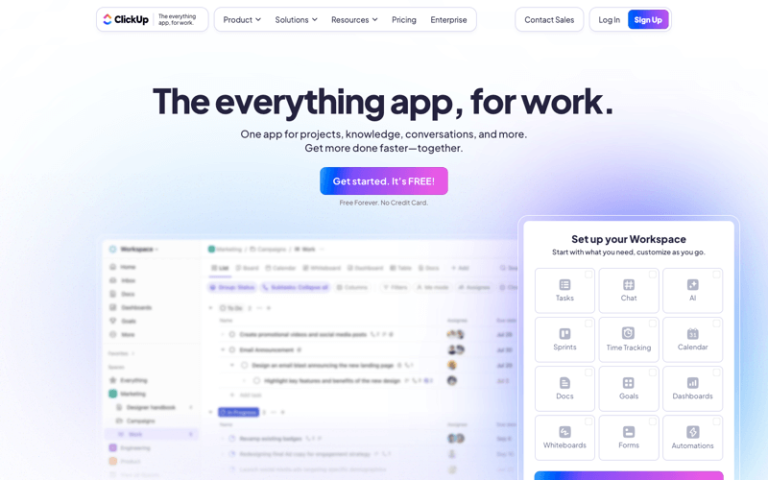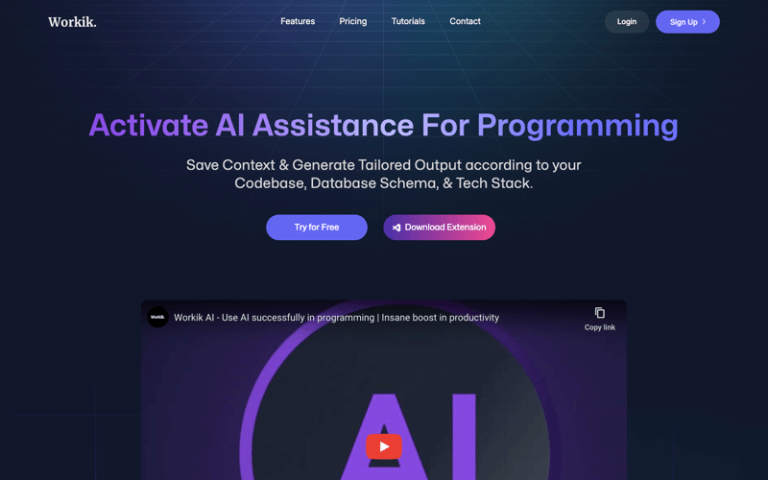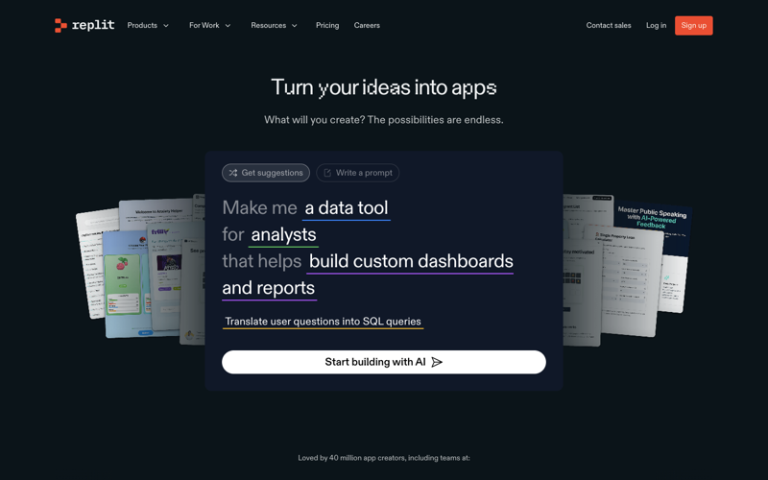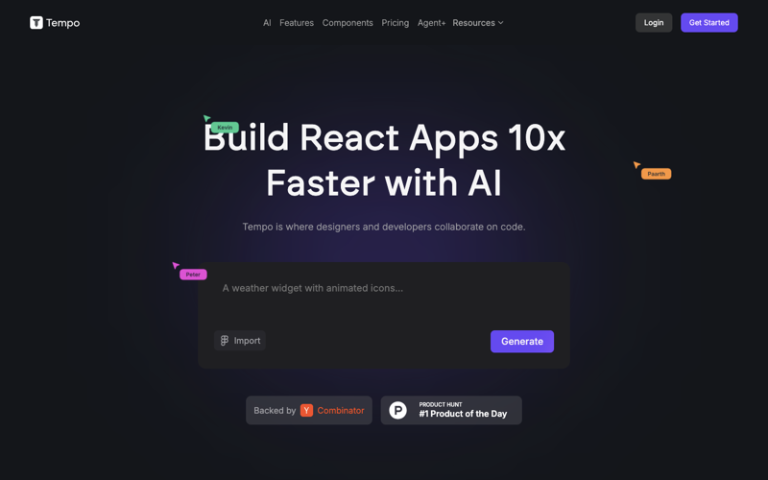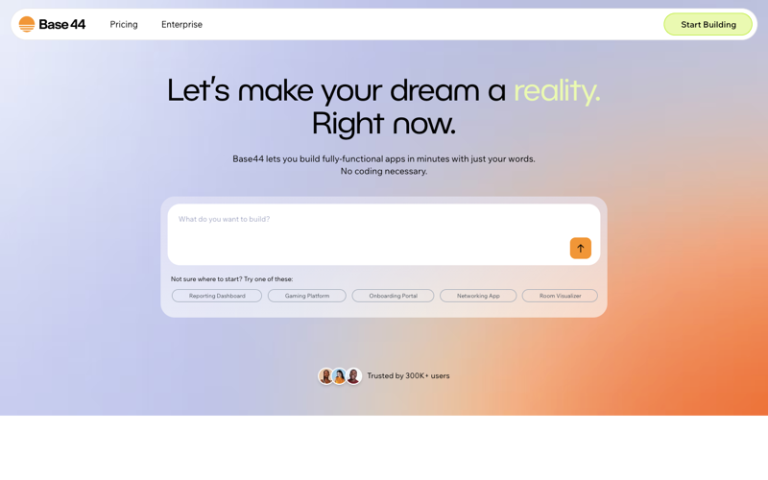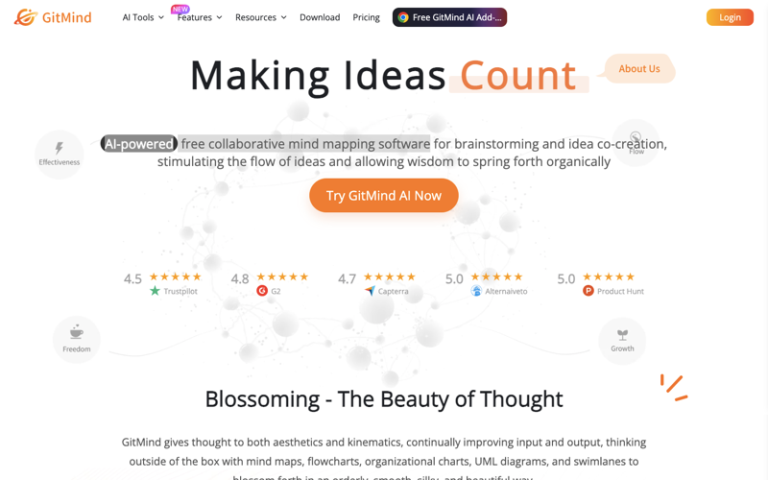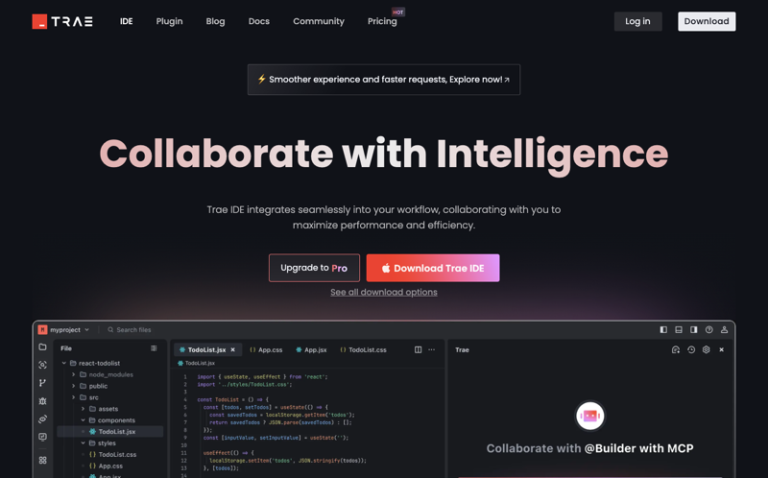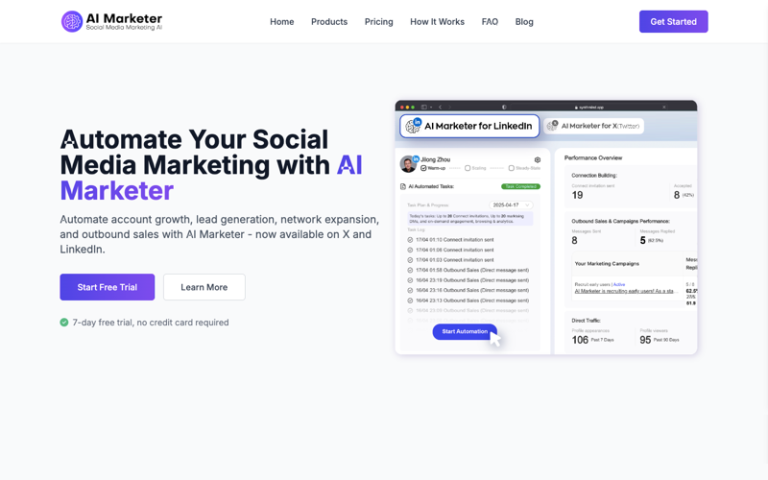Home » AI Tools » Vibe Coding » Memex
Memex
Introduction: Memex is a powerful AI-powered desktop application—dubbed “the Everything Builder for your Computer”—that enables you to build software, internal tools, web apps, 3D designs, data pipelines, dashboards, and more using natural language prompts.
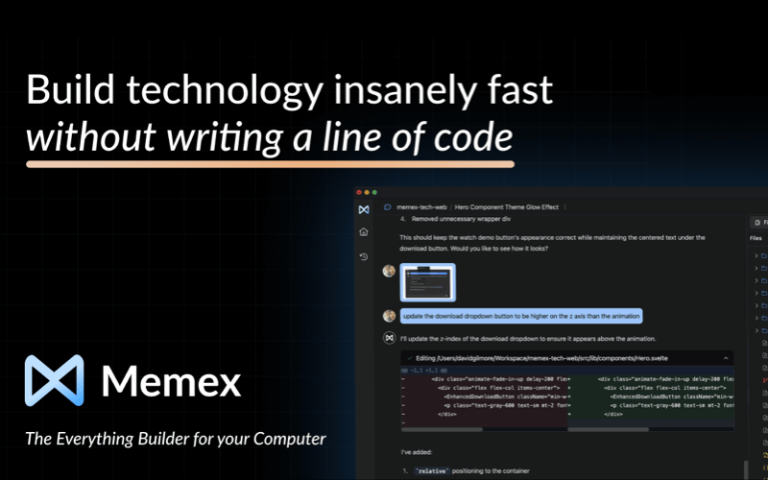
What is Memex?
Memex is a powerful AI-powered desktop application—dubbed “the Everything Builder for your Computer”—that enables you to build software, internal tools, web apps, 3D designs, data pipelines, dashboards, and more using natural language prompts. Its unique approach, known as vibe coding, allows domain experts and non-developers to create fully functional prototypes and applications rapidly—without writing a single line of code.
Main Features
- Vibe Coding with Natural Language: Describe what you want—e.g., “Build a responsive dashboard with user stats and filters”—and Memex generates the app structure, installs dependencies, scaffolds code, and spins up a local dev server.
- Local-first Development & Privacy: Projects are stored on your local machine, giving you full ownership and control—no cloud lock-in or privacy concerns.
- Tech Stack Flexibility: Supports any programming language or framework—from React frontend, Python backend, 3D/CAD, to trading algorithms.
- Dual Interaction Modes: Chat mode: Interact conversationally—ask questions, get explanations, iterate concepts. Build mode: Commands are executed directly as code.
- Controlled Autonomy: Choose whether Memex prompts you for approval before executing or runs autonomously for speed. You can define custom rules or project-specific guidelines.
- Templates and Built-in Workflows: Leverage pre-made templates (e.g., Beautiful React Website) or use the Model Context Protocol (MCP) for connecting tools like Netlify, GitHub, Neon, and more.
- MCP, Teams & Agent API (Advanced): MCP support enables integration with specialized tool servers securely. Teams mode adds collaboration, centralized billing, privacy controls, and support. Agent API allows programmatic access.
Pros and Cons
- Rapid prototyping via natural language—no coding required
- Local development preserves privacy and full code ownership
- Works with any tech stack or language
- Offers controlled automation with flexibility
- Collaboration and tool integration via Teams and MCP
- Learning curve: clear context and structured prompts yield better outcomes
- Output may require manual refinement for production readiness
- Pricing details are limited; transparent costs are not widely published
- Early-stage product—some features under development or in preview
How to Use Memex?
- Download & Install: Setup Memex on your desktop (available for Windows/macOS/Linux) and start a project.
- Start with a Prompt or Template: Launch via a natural-language prompt (e.g., “Create a React directory site”) or select a template like “Beautiful React Website.”
- Iterate via Chat or Build Mode: Use chat to iterate (“Add filtering to the list”), or let Memex execute commands automatically. You can approve before execution or let it run.
- Refine & Customize: Tweak layouts, data structures, mock data, styling, and iterate based on user feedback.
- Use MCP Integrations (Optional): Connect to deployment services, CI/CD pipelines, or other tools via MCP protocol if needed.
- Collaborate with Teams: Use Memex’s Teams features to involve co-workers, manage billing, control privacy, and get support.
- Deploy & Export: Once polished, export or deploy your app manually or via integrated tools. You have full access to all generated code locally.
